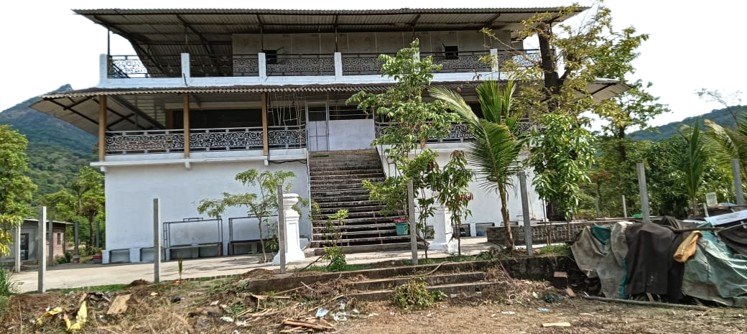
Eradicate Curable Blindness In
Low-Income States Of India
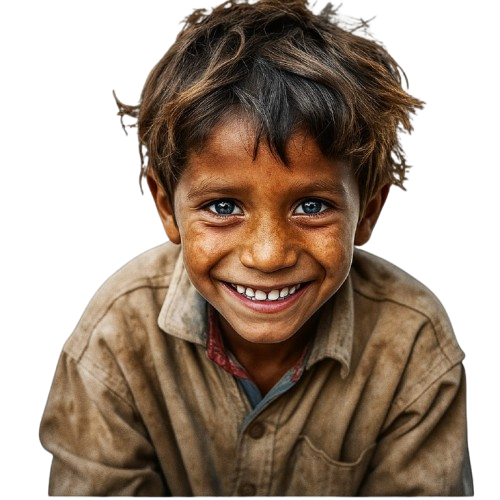


Welcome to We Care India, a Non-Profit Organizaiton committed to empowering marginalized ...
61 million+Indians suffer from vision loss.
15 million+ lack access to basic eye care.
40% higher blindness rates are observed in rural and marginalized areas.
We Care for India is committed to eliminating avoidable blindness through free and subsidized eye surgeries and screenings.
We believe healthcare is a right, not a privilege. Our team reaches the unreached through mobile eye camps, community engagement, and partnerships with local hospitals.
We also support long-term care for the visually impaired through education, residential services, and livelihood training.
Our mission is to ensure no one is left behind simply because they cannot see.
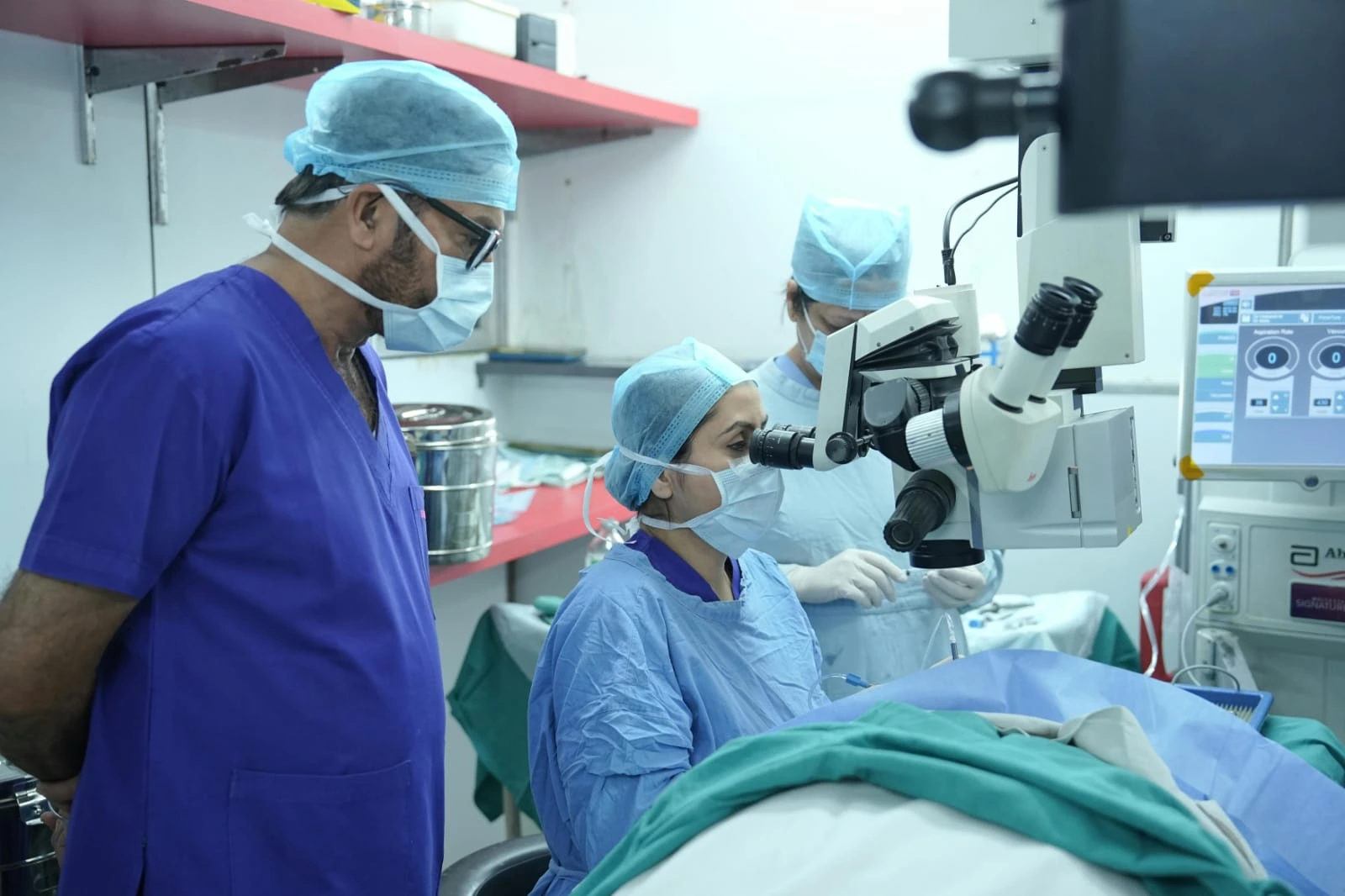
Loss of vision leads to school dropout, unemployment, dependency, and deepening poverty. The economic cost is estimated at ₹845 billion annually, impacting families and national productivity.
Children with undiagnosed eye issues are 5x more likely to fall behind in school.
When we restore sight, we restore opportunity—whether it’s a child returning to school or a farmer regaining the ability to work. Improving vision health is not just a medical need—it’s a social and economic imperative.
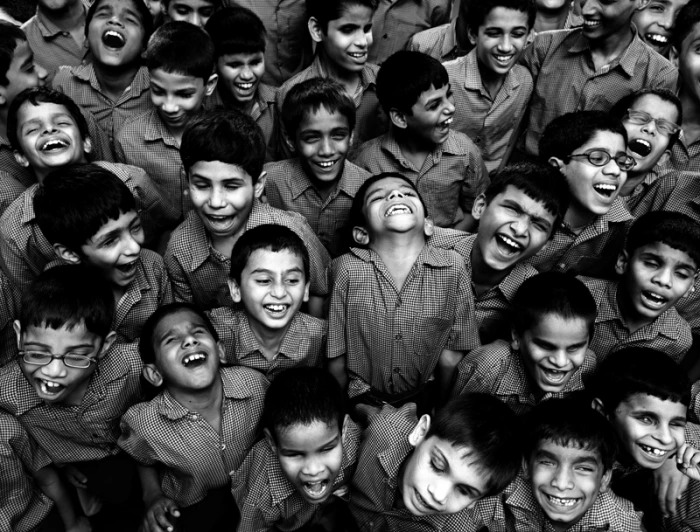
Just INR 4,400 can bring hope back to someone life.
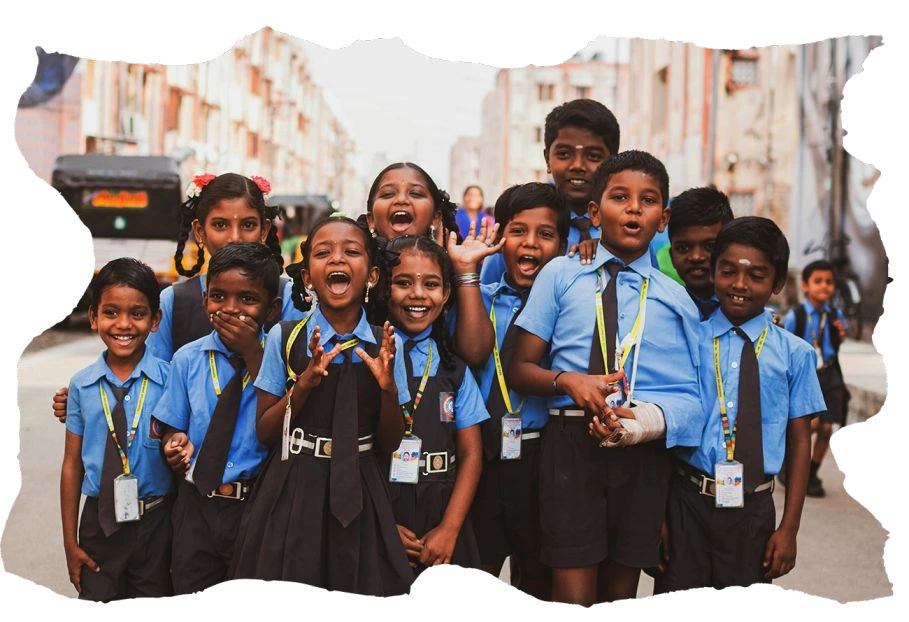

Medicine Help

We Care About

Provide Education
We serve India’s most vulnerable communities those living in rural areas, children, the elderly, and persons with disabilities.
- Our programs span sight restoration, educational inclusion, disability services and vocational empowerment
- Through eye screenings, surgeries, assistive devices and personalized care, we bring hope and dignity back into people’s lives.
- We collaborate with schools, hospitals, disability boards and grassroots partners to extend services where they’re needed most
At We Care for India, we believe every individual deserves a chance to see the world and shape their own future.
In many parts of India, people lose their sight due to treatable conditions like cataracts, diabetes, or infections. The problem grows because of poor awareness about eye health and fear or delay in seeking care. In rural areas, hospitals are far, and people often ignore early symptoms until it's too late. Poverty and daily struggles make eye care a low priority, even when it's urgently needed.
NGOs help restore sight by organizing free eye camps in villages and slums. They provide checkups, glasses, and refer patients for surgery when needed, reaching people who cannot access or afford hospital care due to distance, poverty, or lack of awareness.
